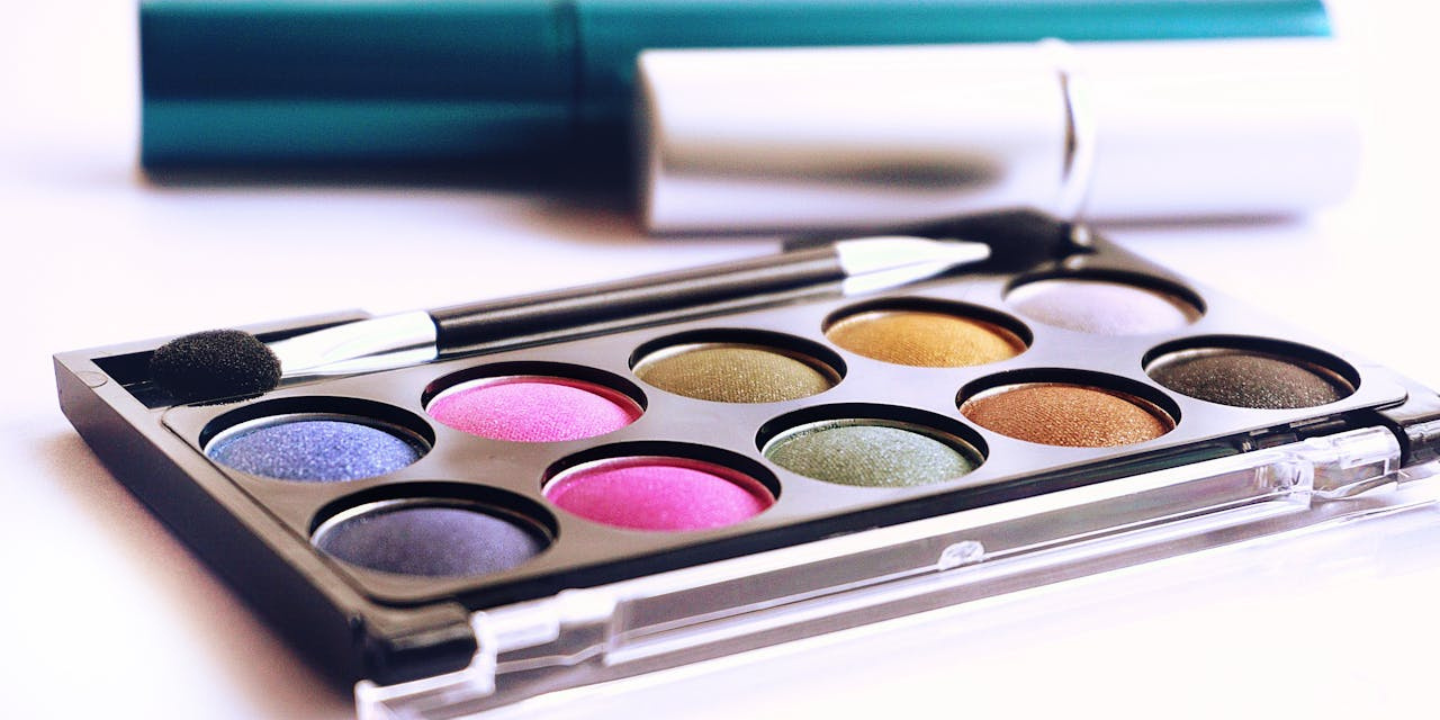The Key to Glowy, Radiant Skin
Wondering how to get perfect glass skin? Before rushing out to buy every skincare product recommended by social media influencers, it's important to understand your skin type first to get a better gauge of how to nourish and protect your skin barrier. Using the wrong products or adding too many to your routine could do more harm than good. If you're looking for a place to start, here are 20 tips to achieve a flawless complexion.
1. Wash Your Face Twice a Day
If you don't already, you should be washing your face twice a day: once in the morning when you wake up, and once at night before bed. This helps to clear out gunk—like dead cells, bacteria, and excess sebum—that might have piled up on your skin overnight.
2. Choose Noncomedogenic Products
Whenever possible, choose products that are noncomedogenic, meaning their ingredients won't clog your pores. This is especially important if you're prone to breakouts, have sensitive skin, or lean more oily.
 Photo By: Kaboompics.com on Pexels
Photo By: Kaboompics.com on Pexels
3. Double Cleanse
Sometimes, it's not enough to just wash your face once and be over with it. If you regularly wear makeup, you should be double cleansing to make sure you remove all traces of residue that could be lingering on your skin. Go in first with an oil-based cleanser, then follow it up with a water-based one.
4. Try Toners
You might question whether toners are worth trying out if they're not already a part of your routine, but don't overlook these miracle bottles. Depending on what you're looking for—whether that's hydration or ingredients that soothe breakouts—toners prep your skin and give it the boost it needs before applying the rest of your skincare.
5. Figure Out Your Skin Type
Before you go skincare shopping or try out recommendations from social media influencers, figure out what your skin type is first. Do you lean more dry or oily, both or neither? After you understand which type you are, weed out any products that don't work for you and give the ones that are formulated for your skin profile a try.
6. Exfoliate Occasionally
Remember to exfoliate your skin as well to scrub out any dirt and grime that could be clogging up your pores and introducing more bacteria. But don't go overboard—exfoliating regularly can strip your skin's natural oils and reverse the benefits it's supposed to give, so keep to a routine of only once or twice a week.
7. Try Cutting Products with SLS
SLS, or sodium lauryl sulfate, is a common ingredient found in toothpaste, shampoos, cleansers and other products, giving them a foaming effect. However, you could be allergic or sensitive to this surfactant without knowing, so if you've been at your wit's end trying to figure out what could be causing constantly irritated skin, try swapping to skincare and hygienic essentials that are SLS-free.
8. Use SPF
This might sound like an over-repeated piece of advice, but it just goes to show you how important wearing sunscreen is. Regardless of whether it's sunny out, you should be finishing off your skincare routine with a trusty bottle of SPF. Seriously, don't skimp out on this step—you're not just preventing sunburns, you're protecting yourself from skin cancer.
9. Reach for Niacinamide
Worried about hyperpigmentation? Reach for niacinamide. While you might hear others suggest products with vitamin C instead, it's best to start out with something less acidic and more soothing. You'll often find niacinamide in toners, serums, and moisturizers.
10. Wash Your Bed Sheets & Towels Regularly
Ideally, you should be changing your sheets, pillowcases, and face towels at least once every week, and more often if you tend to sweat a lot or you're acne-prone. The longer you wait to switch these fabrics out, the more time you're letting the bacteria on there linger.
11. Check Your Diet
Good skin also starts from what you put in your body, not just what you put on it. If you're allergic to certain foods, tend to choose particularly greasy eats, or snack on processed treats, your diet could be the reason why your skin isn't clearing up.
12. Pick a Moisturizer That's Right for Your Skin
Remember when we mentioned how important it is to understand what your skin type is? That's because depending on which profile you fall under, that influences which moisturizer should be in your routine. For example, if you're oily, don't pick a heavy, greasy cream.
13. Don't Go Overboard with Your Routine
Forget what others are doing or what social media has told you to try—don't cram too many products into your routine. Sometimes, less is more, and that means choosing the right toner, serum, and moisturizer for your skin without trying to complicate it too much. Using too many products at once could overwhelm your barrier and actually cause it to break out.
14. Let Your Skin Breathe
Don't feel like you need to slather your skin with creams and serums every day, too. Sometimes, it's better to let your skin breathe by sticking to plain water or a light moisturizer. Plus, if you regularly wear makeup, it's even more important to let your skin take a break once in a while.
15. Shower After Exercise
If you tend to wait a while before showering after working out, and you're finding your skin often gets irritated or breaks out, you might want to jump under the spray immediately instead. The longer you sit out, the more time you give sweat, oil, dirt, and bacteria to build up on your skin.
16. Don't Pick Your Spots & Scabs
We know—it might be tempting to pop your pimples or pick at scabs because they're bothering you, but doing so can actually lead to further hyperpigmentation. Plus, squeezing blemished spots can cause redness, broken capillaries, and more irritation, which can make discoloration worse.
17. Research What Conditions You Might Have
If you're dealing with a breakout that seems different than ones you've had previously, feel free to research your signs and symptoms to see if you can narrow down possible causes. But—before you decide to follow advice from online strangers or purchase new products, you should consult your doctor first.
 Glenn Carstens-Peters on Unsplash
Glenn Carstens-Peters on Unsplash
18. Narrow Down Which Ingredients Work for You
Sometimes, it's not the entire product that's breaking you out, but your sensitivity to specific ingredients. Before you buy new skincare creams and essentials, make sure you know what's inside the bottle or jar by running the ingredient list through an analyzer. From there, you might be able to narrow down which ones are causing irritation.
19. Get Enough Sleep & Manage Stress
It's also important to get enough ZZZs each night and manage your overall stress levels. Sleep allows your skin to recycle old skin cells for new ones, which means if you're not getting enough rest, fatigue will affect your skin. Plus, if you're always stressed, flare-ups and breakouts may occur more regularly.
 Acharaporn Kamornboonyarush on Pexels
Acharaporn Kamornboonyarush on Pexels
20. Consult a Dermatologist
Of course, everyone's skin is different, so you don't want to just start following any random advice. Before you decide to tackle certain skin conditions or curate products into your routine, consult a dermatologist who can take a closer look at your skin and give tailored suggestions.

























